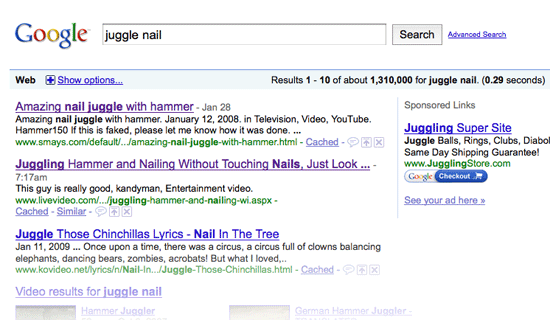
Dan Rieck suggest we can sharpen our copywriting skills with what he calls the "Stopwatch Challenge." The exercise is basically writing a radio spot that can be spoken aloud in exactly 60 seconds.
Brings back fond memories of my radio days. For a dozen years, about half of my 10 hour days were spent on the air and the other half writing and producing radio commercials. Let’s see… we’ll call it 50 spots a week. 200 spots a month. 2,400 spots a year. Let’s round it down to 28,000 commercials.
We had to knock ’em out fast and get ’em on the air. And the client always gave you more stuff that you could fit in 30 or 60 seconds. So part of the challenge was boiling it down.
Sixty seconds is about 16 lines. But you have to spell out numbers (one-eight-hundred-five-five-five-sixty-four-hundred).
I’ve never considered myself a great writer. But writing radio spots was pretty good training for blogging. Or maybe any kind of writing. Fewer words always better than more words.
I often send emails with nothing but "see subject line" in the body. I try to put it all in the subject line. Try it on your next email.
And, yes, I know this post is longer than sixty seconds.



 Our offices are just a couple of hundred feet from the headquarters of the Missouri Farm Bureau. As I headed out for lunch I noticed a motor home had pulled off the highway, just in front of FB building. I didn’t have my camera (I know, I know) so I didn’t get a shot but found this on the FarmBureauLies.com website.
Our offices are just a couple of hundred feet from the headquarters of the Missouri Farm Bureau. As I headed out for lunch I noticed a motor home had pulled off the highway, just in front of FB building. I didn’t have my camera (I know, I know) so I didn’t get a shot but found this on the FarmBureauLies.com website.